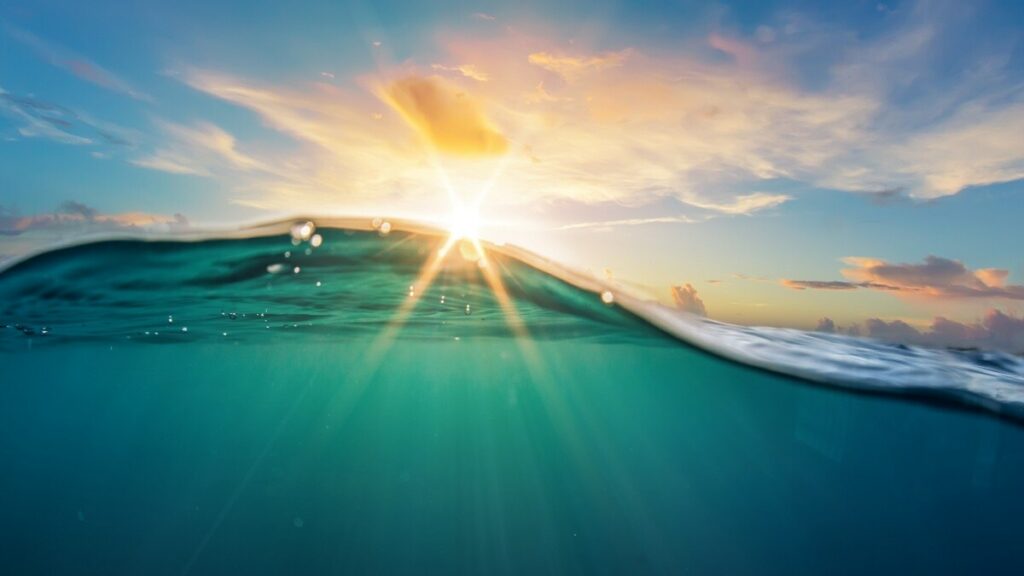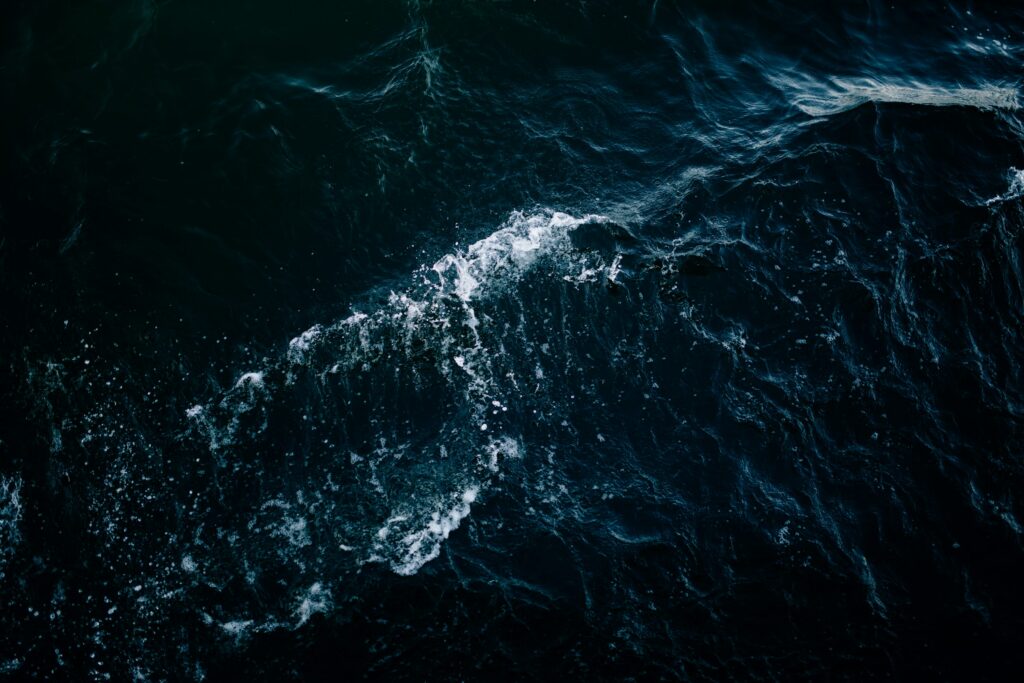This just in: Climate crisis far worse than feared, scientists say. Add it to the pile. In this case it’s the Guardian, always happy to provide one side of the climate change story, bellowing that “Climate change in deep oceans could be seven times faster by middle of century, report says”. Could be. If we knew what was happening now and what was going to happen.
The essence of the finding is that if the ocean gets really hot creatures will move around more to find a water temperature they like. And again we say “if”. But there’s an “if” normally found in such stories that’s missing here.
Typically such studies say it will happen if we fail to cut GHGs dramatically. But this one says if we do it won’t help. “Rates of climate change in the world’s ocean depths could be seven times higher than current levels by the second half of this century even if emissions of greenhouse gases were cut dramatically, according to new research.” Which as we have noted is indeed what the models say about things like the Paris Accord, making us wonder why alarmists make a fetish of meeting targets they themselves assert are of no use. What other goal might they be pursuing, assuming the whole thing is not just running in circles screaming and shouting?
At any rate, the story has the usual marvellous air of absolute certainty, as though there were almost nothing we did not know about the oceans, including the deep oceans, and as though the computer models had nailed ocean currents and other such phenomena repeatedly in the past and could be relied on absolutely in this case. Just boot it up, input the latest data, ask a question and get an infallible answer.
In fact the ocean is a very big hole full of a lot of water in constant motion and much of it is hard to get at. Also, its dynamics are non-linear. So we don’t know a lot about it, and we don’t know a lot about the stuff we do know. For instance one story on The Conversation says “Tiny plankton drive processes in the ocean that capture twice as much carbon as scientists thought”. Which they’re pleased about because “If the deep oceans didn’t store so much carbon, the Earth would be even warmer than it is today.”
Rather than sharing the concern of those like Greenpeace co-founder Patrick Moore that the tendency of marine life to sequester carbon in limestone via shell formation has gradually but relentlessly been creating a CO2 famine over hundreds of millions of years, the Conversation story deals with organic carbon and ends with a commendably scientific statement that it would be helpful to know a lot more than we do and more research is needed.
The Guardian story is not so bashful. Parts of it are just plain hard to decipher, like the bit saying “At present, the world’s heating was already causing species to shift in all layers of the ocean from the surface to more than 4km down, but at different speeds.” The use of the past tense with “at present” is confusing and makes one wonder how long it’s been going on given the warming since the mid-19th century and what disasters have already occurred in consequence. And also why marine species don’t respond to warming by going north or south instead of down in quest of cooler water.
Presumably because there’s nowhere to hide. The overall picture is of the seas boiling à la James Hansen: “even under a highly optimistic scenario, where emissions fell sharply from now, the ocean’s mesopelagic layer – from 200m to 1km down – climate velocity would change from about 6km per decade to 50km by the second half of the century. But over the same period, climate velocity would halve at the surface. Even at depths of between 1,000 and 4,000 metres, climate velocity would triple current rates, even if emissions dropped sharply.” But this claim is, dare we say it, fishy.
The oceans are huge. They respond slowly. So far warming has been minimal other than the hypothetical stuff used to explain the “hiatus”. Yet supposedly what we’ve already done, this very mild warming from Victorian times minus whatever you don’t blame on us, has destabilized the climate in ways that are going to prove catastrophic no matter what we do now. Even though the well-documented fluctuations from the Minoan Warm Period on down have resulted in adaptation rather than extinction.
As we’ve noted before, there’s a curious disconnect in the minds of many environmentalists, who wax lyrical about the dynamic harmonious self-correcting properties of nature only to tell us it’s so fragile one careless move can smash it beyond repair. (As Prince Charles put it in his children’s book for adults Climate Change, “Our planet and its ecosystems run through cycles and loops, for example the water cycle and carbon cycle. Soils break down plant remains and turn them into the nutrients needed to grow new plants. As is common sense, everything is recycled and reused: in Nature there is no waste.” Yet, he insisted, our CO2 hangs around the atmosphere messing everything up because “there is no convenient hole in the sky for it to escape through” and Nature of course can’t use it.)
At one point the story reports that Queensland University professor and one of the study’s 10 coauthors Anthony Richardson “said tuna lived in the mesopelagic layer between 200 and 1,000 metres deep, but they relied on plankton species near the surface.” So why don’t the plankton move down too? Or why doesn’t everybody swim north? And if tuna can already cope with a 600-metre commute to the buffet, what’s the issue?
In fact nature is dynamic and resilient. One unrelated story found that warming will supposedly turn Antarctica green, though only with algae, and admitted the algae will absorb CO2. We read to the end anticipating some warning of looming disaster and found none. Instead the Global News version even admitted that “If the algae continue to grow, it could have a wider positive impact on Earth.”
Risking further heresy, we say that unless you believe everything nature does is perfect, it can be argued that Antarctica is bleak in a breathtaking way and might be nicer if it were less hostile to life. And that warmth is on the whole favourable to life.
Never mind. It’s man-made climate change so the fish are all going to die.


